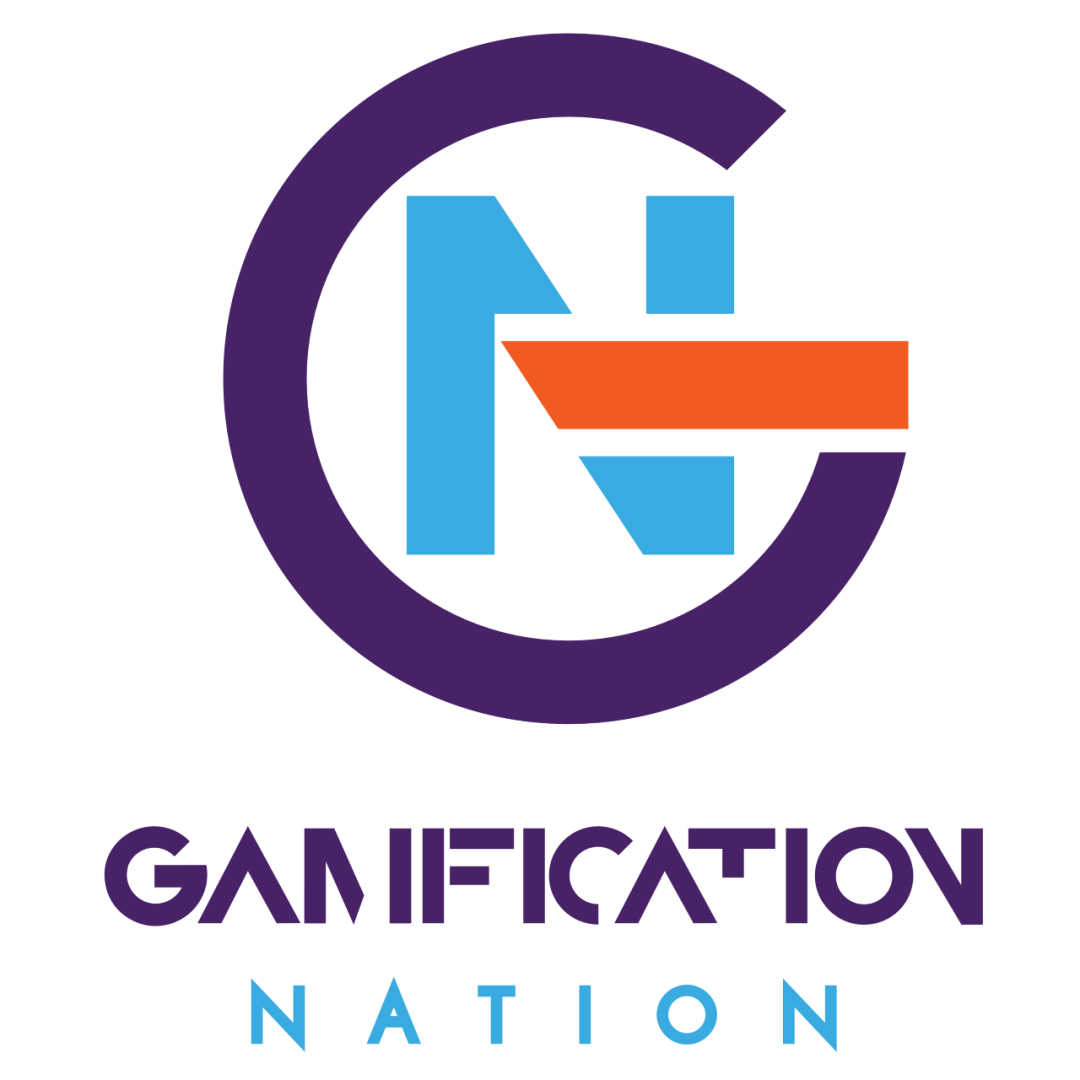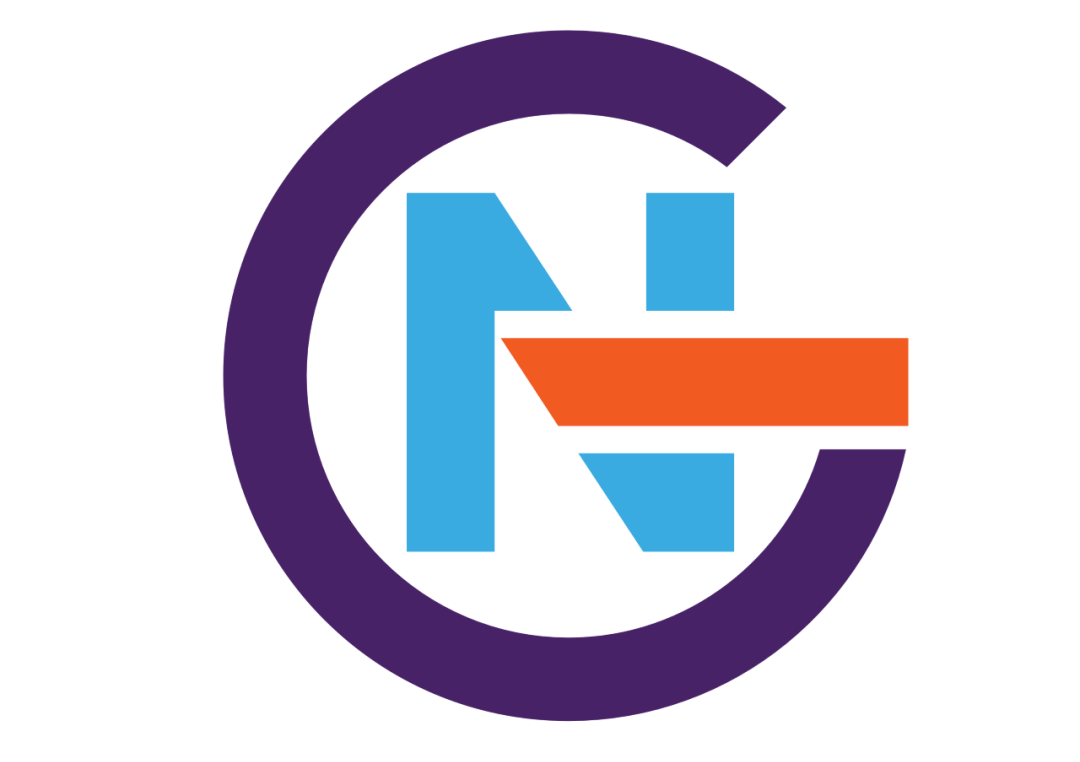When I first started learning and writing about gamification, I posted several times per week on a variety of gamification related topics. I felt at this stage a once a week look back in the archives to come up with a refreshed and possibly more researched view on the same topic would be useful. So today you have a refreshed view on the game and gamification mechanic of experience points.
Driving consistent, positive behaviour change—whether in your sales teams or across your wider workforce—can feel like an uphill battle. You invest in training. You roll out engagement initiatives. Yet results often plateau or fade.
Here’s a powerful, often overlooked tool that can radically shift the engagement dynamic: Experience Points (XP).
Much more than just a game mechanic, XP is a proven behavioural tool that taps into how human motivation works. When applied correctly in business environments, it can lead to sustained engagement, measurable productivity gains, and deeper alignment with your goals.
Whether you’re a sales or operational director trying to energise your sales team, or HR manager or team leader looking to build a culture of learning and growth—experience points could be your missing engagement engine.

What Are Experience Points in a Business Context?
In gaming, experience points are the digital currency of progress. Players earn XP by completing tasks, overcoming challenges, or achieving specific milestones. Accumulating XP typically allows players to “level up,” unlocking new skills, privileges, or status.
In business gamification, XP works the same way—but with real-world impact.
“Experience points are a form of immediate feedback. They show employees their efforts are recognised and meaningful, even if the ultimate reward or promotion is still down the line.” — An Coppens, CEO of Gamification Nation
Experience points signal progress and reinforce desired behaviours—whether that’s completing a sales call, learning a new skill, or consistently contributing to team discussions. The magic lies in how and when you reward them.
The Psychology Behind Experience Points
At their core, experience points speak to intrinsic motivation—our inner desire for mastery, recognition, and achievement.
- Feedback loops: According to research by McGonigal (2011) and Werbach & Hunter (2012), immediate feedback via points helps participants course-correct and stay engaged.
- Progression triggers dopamine: Neuroscience backs this up—when we see tangible progress, our brain releases dopamine, making us feel good and reinforcing the behaviour (Harvard Business Review, 2021).
- Micro-rewarding beats macro rewards: XP allows you to reward small actions consistently, which is more effective than occasional big incentives in sustaining engagement.
So while traditional bonuses might deliver a momentary high, XP builds long-term behavioural alignment.
Where Experience Points Can Drive Value in Business
Let’s explore practical applications across the corporate spectrum:
For Sales and Marketing Teams:
- Track and reward desired sales behaviours: Award XP for actions that lead to sales success—like updating the CRM daily, following up on leads within 24 hours, or cross-selling key products.
- Run short-term campaigns: Create mini-competitions tied to XP accumulation that reflect current business priorities.
- Recognise consistent performance, not just outcomes: Sometimes the effort matters as much as the result—XP lets you acknowledge and reinforce process-focused behaviours.

For HR and Learning Teams:
- Reward learning and development actions: Give XP for completing training modules, mentoring others, or attending knowledge-sharing sessions.
- Encourage soft skill development: Behavioural actions like conflict resolution, collaboration, and feedback-giving can be tracked and reinforced with XP.
- Support remote engagement: In hybrid teams, XP helps create visibility around contributions that might otherwise go unnoticed.

Rethinking Levels: Experience Points Without a Game Map
In traditional video games, XP leads to levelling up. But in business, we may not always have obvious levels or linear progressions.
That’s where creativity—and thoughtful design—comes in.
At Gamification Nation, we guide clients to:
- Define behavioural journeys: What path do you want users to follow? What behaviours signal progress?
- Establish “soft levels” or milestones: These can be rank titles, access to exclusive content, or leadership opportunities.
- Use XP as currency: Let employees “spend” their points on perks, access, or team-wide privileges—reinforcing autonomy and agency.
Practical Tips to Make Experience Points Work
- Link XP to meaningful behaviours
Identify which actions truly contribute to your goals. Award XP for those, not just vanity metrics. - Create visibility and feedback loops
Leaderboards, personal dashboards, and team progress views make XP feel tangible and exciting. - Balance intrinsic and extrinsic motivation
Pair XP with recognition, team rewards, or perks—but don’t make the whole system depend on material incentives. - Regularly review and refresh
Behavioural priorities change. Your XP system should evolve alongside your business.
The ROI of Experience Points
Here’s what businesses report when they implement XP systems with us:
- +40% increase in training completion rates
- +25% boost in CRM usage accuracy
- -30% reduction in onboarding time
- +35% increase in internal knowledge-sharing activities
These aren’t just engagement numbers. They’re strategic wins tied to your bottom line.
Ready to Turn Behaviour Into Business Growth?
If you’re considering gamification to tackle sales stagnation, employee disengagement, or underwhelming learning initiatives—experience points are a great place to start.
Our Gamification and AI Playbook offers fixed-fee strategy sessions where we assess your organisation’s readiness for gamification and AI, map your desired behaviours, and show how XP and other mechanics, as well as workflows can generate tangible ROI.
 Let’s Make Progress Visible. Book Your Playbook Session Today.
Let’s Make Progress Visible. Book Your Playbook Session Today.
Sources:
- McGonigal, J. (2011). Reality is Broken: Why Games Make Us Better and How They Can Change the World.
- Werbach, K., & Hunter, D. (2012). For the Win: How Game Thinking Can Revolutionize Your Business.
- Harvard Business Review (2021). “The Neuroscience of Motivation and Engagement.”



